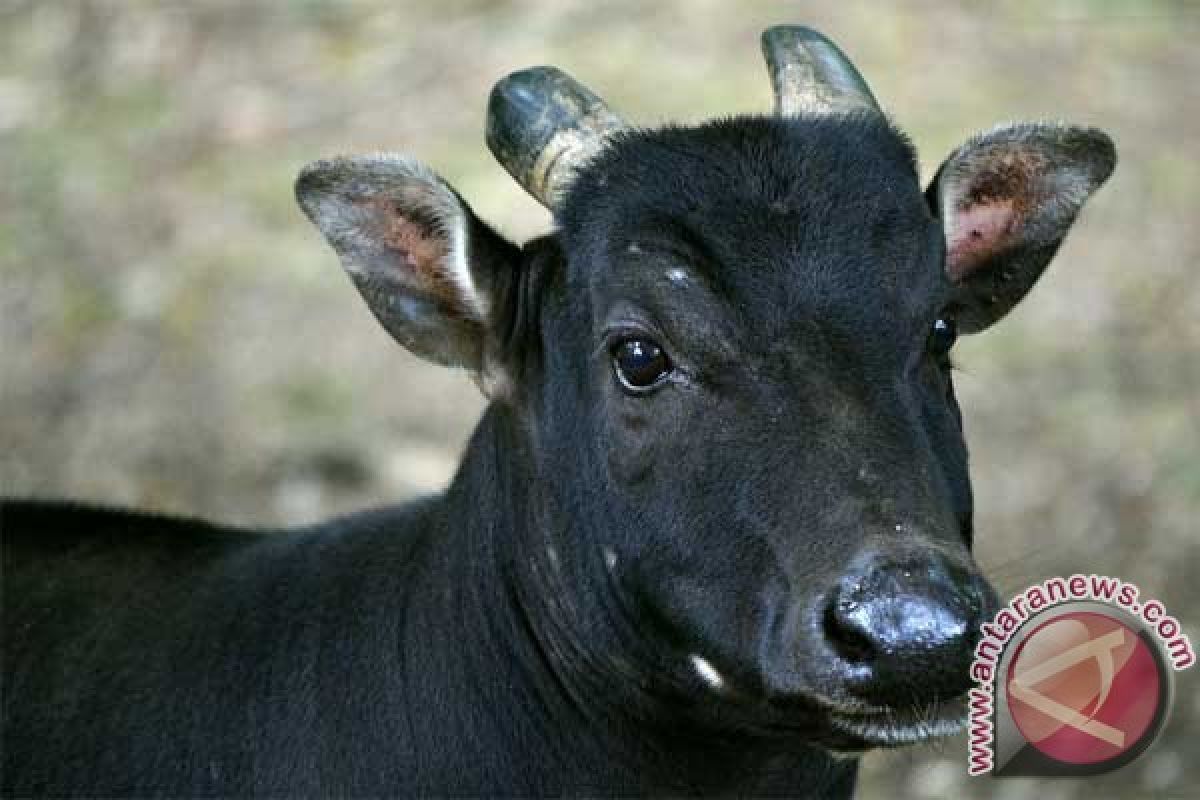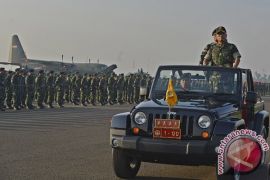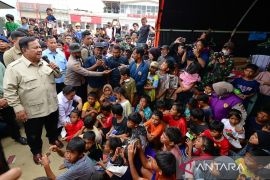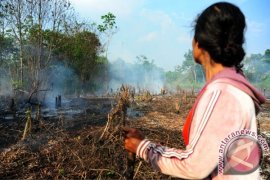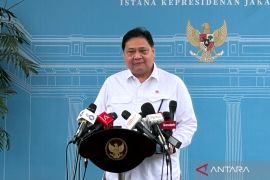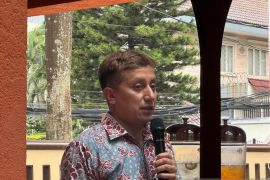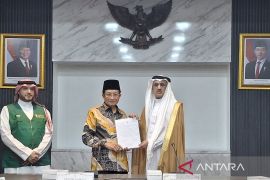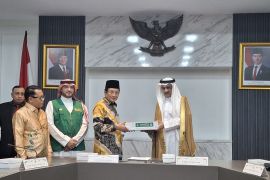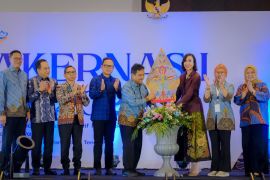The anoa is a species of pigmy buffalo having short pointed horns, and they are the smallest of the wild cattle.Kendari, SE Sulawesi (ANTARA News) - The conversion of forest areas has threatened the population of anoa (Bubalus depressicornis) and other endangered animals, according to an official of the Southeast Sulawesi Natural Resources Conservation Agency (BKSDA).
"We suspect that the population of anoa, which is an endemic fauna and the mascot of Southeast Sulawesi has decreased due to the forest conversion to mining," Sahulata R Rohana, the head of the Southeast Sulawesi BKSDA, said here on Thursday.
Between 180 and 200 anoas are estimated to have existed in North Buton sanctuary and Tanjung Peropa sanctuary in South Konawe, Southeast Sulawesi.
Based on the data in 2009-2010, there were around 50-60 anoas in Rawa Aopa Watumohai National Park in South Konawe.
In addition to the anoa population in the 276,000-ha conservation areas, thousands of anoas are believed to have existed in the province`s forests.
However, the anoa population has decreased due to the conversion of protected forest areas to production forest mainly for mining activities, she said.
Due to the encroachment of their habitat, a number of anoas have entered plantations and villages to find food.
Anoa consists of two species (types), namely mountains of anoa (Bubalus quarlesi) and lowland anoa (Bubalus depressicornis).
Both Anoa Mountains and Lowland Anoa have been categorized by the IUCN Redlist in animal conservation status "endangered" or three levels below the status "extinct".
The anoa is a species of pigmy buffalo having short pointed horns, and they are the smallest of the wild cattle. They are small, stocky animals with short legs.
Anoas are extremely rare, and little is known about their behaviour. Lowland Anoas are found in lowland forest and swampy areas. Mountain Anoa inhabit upland montane forest but have also been observed at sea-level. Unlike most cattle species that live in herds, Anoas tend to be solitary or live in pairs.
(F001)
Editor: Ella Syafputri
Copyright © ANTARA 2013
